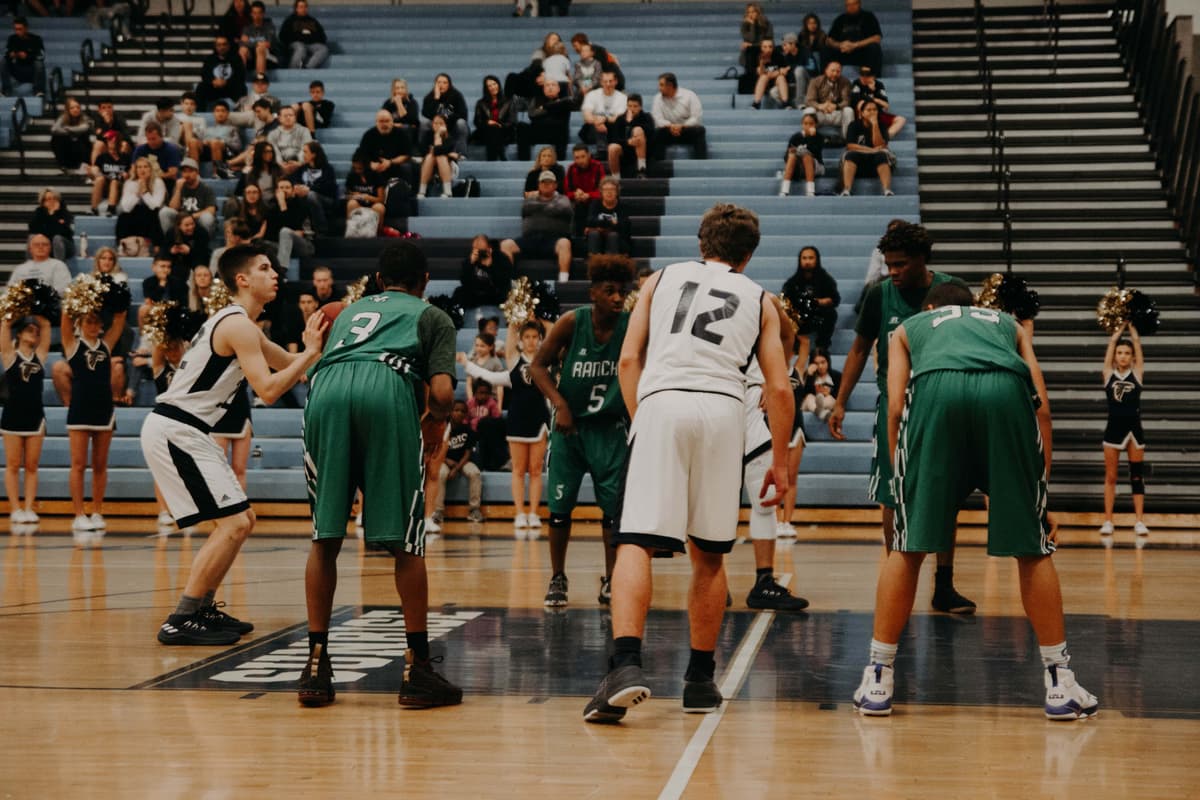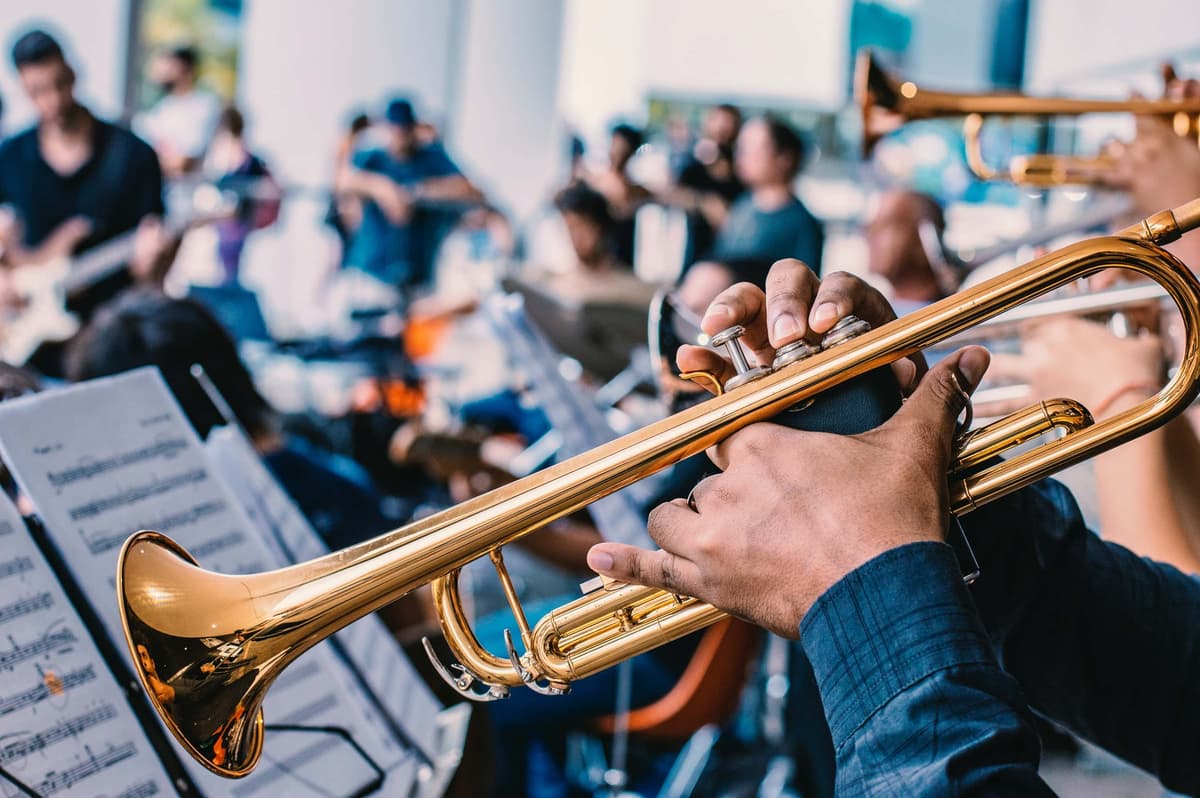
There are many factors that college admissions officers consider when deciding who to admit: GPA, test scores, essays, et cetera. Extracurricular activities are another piece of the puzzle and are crucial for a well-rounded application – they show admissions officers what you do outside of school and what you’re passionate about.
Whether you realized or not, you have most likely participated in extracurricular activities. Extracurricular activities are anything that you do outside of class, ranging from sports to clubs to paying jobs. For example, if you play on the soccer team or compete in chess tournaments, those are extracurriculars. If you started your own business or make videos on YouTube, those are also extracurriculars. Working a part-time job or learning a new skill are both extracurriculars. There are infinite activities to get involved in, but the best extracurriculars are the ones that you actually enjoy – not just do for your college application.
In this post, we will cover everything extracurriculars: why they matter, different activities you should consider, and how to forge your own path. Let’s dig in:
Unlike your GPA or test scores, extracurriculars show what kind of interests you have and what your future career might include. Extracurriculars are also a great way to demonstrate your work ethic, leadership skills, and passions.
Extracurriculars demonstrate your drive, commitment, and passion in a different way than academics. You may succeed academically because you feel you have to, but it is even more impressive to succeed within extracurriculars because you want to. They take time outside of your normal classroom activities, and also require you to set your own schedule and make your own goals rather than having them dictated to you. Colleges seek out students who are self-motivated and have interests outside the rigid structure of academic courses, and extracurriculars are the best way to demonstrate those qualities.

College admissions officers are good at telling apart students who have genuine interest in their activities. Many think that the best approach to rounding out your college resume is to get involved in as many extracurriculars as possible, but this is a mistake. They end up not committing much time or dedication to any of them, and don’t show any leadership or passion within the activities they participated in. Students who focus on a small number of activities that they spend significant time and energy on – and make significant progress in – are viewed more favorably by universities.
When it comes to college applications, admissions officers look for a “spike” within a student’s extracurriculars. A “spike” signifies a deep commitment or interest in something. For example, if a student writes their essay about how much they love animals, a convincing extracurricular section would include volunteering at an animal shelter, raising money for the Humane Society, and interning at a veterinary office. Having multiple activities that you can connect together under one umbrella interest is a great way to demonstrate your true passion and commitment to a cause.
There are many ways to approach your activities list. You can excel in sports, join prestigious organizations, and start school clubs. Alternatively, if you have the initiative to pursue your own interests, you should! Starting your own business, consistently writing a blog, or expanding your art portfolio all tell colleges that you are a determined and motivated individual. The key is to do things that you’re genuinely passionate about and that can connect into a cohesive story for your application. That will be easier too, because it’s always more fun to do the things you actually want to do!
High schools offer many ways to get involved in extracurriculars, whether that be through sports, clubs, volunteer organizations, or academic competitions. Here is a list of activities that are not only accessible, but also valuable to your college application and personal growth. If you are interested in any of these activities, you should reach out to a teacher, counselor, or mentor on how to get involved.

If you are interested in athletics, take a look at some sports many high schools offer. Athletics are not a massive boost to a college application on their own unless you can feasibly show that you’re going to become a college athlete at their school. But doing some athletics can be helpful as it shows other intangible benefits: teamwork, dedication, motivation, discipline, and more.

If academics are your strong suit, consider getting involved in an academic competition. These competitions are becoming especially popular among STEM applicants. Enjoy chemistry? Join the Chemistry Olympiad! Not only are these very impressive extracurriculars, but they will also improve your academic ability within the classroom and can often be tied to your other academic interests in your application.
Unlike academic competitions, academic clubs study a certain subject year round for the sake of overall knowledge and prestige. These can be things like the robotics club, math club, or computer science club at your school. Just being a member of these clubs isn’t terribly difficult, so if you want to impress, you’ll need to get more involved. If you like and feel passionate about one or more of these clubs after you’ve spent time with them, consider applying for a leadership position.
There are also academic societies such as the Math Honors Society, the National Honors Society, and the Science National Honors Society. These societies have a higher bar to enter and show more intent than your local school clubs.

Looking to explore visual arts? There is likely a club, organization, or competition held at your school oriented around a media of your choosing. This is not limited to drawing and painting, either. You can try out animation, film production, video game design, sculpture, woodworking, and so on. As you progress through your artistic education, be sure to build a portfolio of your work to potentially include in your college application.

Whether you love the spotlight or working behind the scenes, there’s a performing art for you. You can seek out performing art opportunities through your school, your community, or even starting your own group (like a band!).
If you’re interested in government, policy, or rhetoric, there are many opportunities for you to develop your debate skills and knowledge of current events. These groups also show that you’re well spoken and willing to have intellectual conversations.

Volunteering in your community is a super constructive extracurricular for both our world and your sense of self! There are thousands of organizations dedicated to specific issues that you can get involved in. Volunteering regionally, nationally, or internationally is a great way to discover causes you are passionate about and develop skills that will help you in your future.
Interested in entering the workforce and developing career-specific skills? Consider seeking out employment or an internship related to your interests. Many companies and organizations hire high school interns to help them develop their professionalism, gain industry knowledge, and grow their network. Even a restaurant job or role within a family business shows colleges that you are hard-working, organized, and driven. Bonus points for internships that can tie to your overall career goals and application story.
If you prefer working alone, consider delving into a passion project or conducting your own research. The best passion projects are the ones that a student spends significant time and energy on, resulting in a meaningful or artistic outcome. The best research projects require plenty of studying, experimenting, and (optionally) even collaboration with experts within the space that you are studying. The most valuable reason to pursue an independent study is that it not only allows you to discover what you are passionate about, but also what you are capable of when you set your mind to a project.
Look through the list of activities and feel inspired to take on a new activity in your free time! Once again, don’t start an activity because you think it will look good for colleges – try things out for the sake of discovering new passions, making friends, and realizing your own capabilities. You will stand out the most as a candidate if your extracurriculars display true dedication and curiosity!